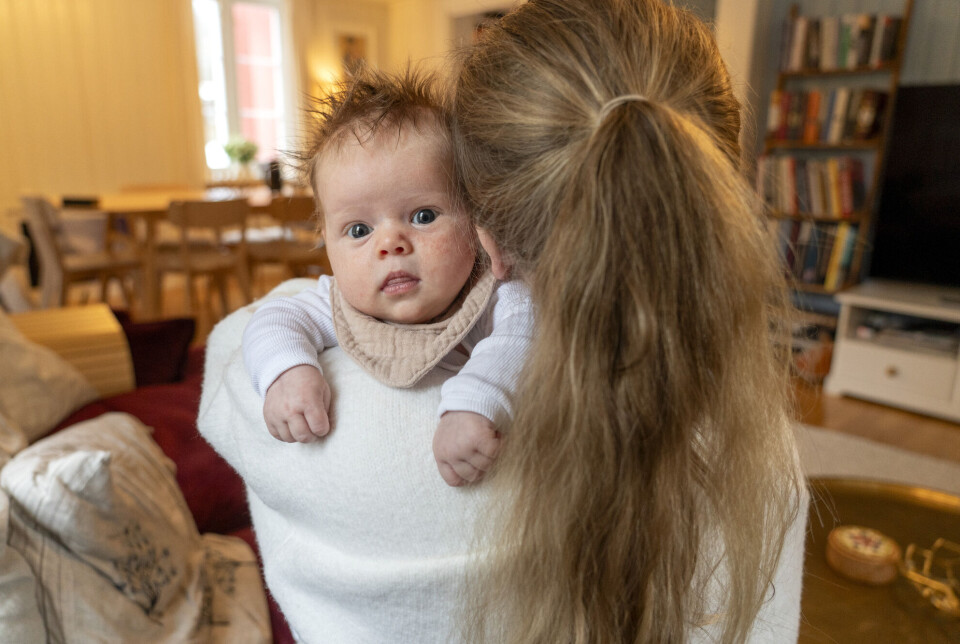
No increased risk of birth defects for pregnant women after Covid-19 vaccination
A large Nordic study shows that children of mothers who had Covid-19 or were vaccinated during the first trimester did not have an increased risk of congenital anomalies.
The is the largest study of its kind, according to the Norwegian Institute of Public Health (NIPH). Researchers from Norway, Sweden, and Denmark examined 11 different categories of congenital anomalies and found no increased risk for any of them.
Across the three countries, 516 out of every 10,000 children had a congenital anomaly detected by the age of 9 months.
The study included approximately 160,000 live-born children in Sweden, 100,000 in Norway, and 78,000 in Denmark. The women were pregnant between March 1, 2020, and February 14, 2022. Three per cent of the children in the study had mothers who had a Covid-19 infection in the first trimester, while 19 per cent had mothers who were vaccinated against Covid-19 in the first trimester.
Essential cooperation
“This is the largest study conducted to date in this field. Such a Scandinavian collaboration was essential to have a sufficiently large study population and reliable registry data to investigate these rare health outcomes,” says Maria Magnus, a researcher at the NIPH’s Centre for Fertility and Health.
Pregnant women who were not in risk groups were given the opportunity to receive a Covid-19 vaccine after consultation with a doctor starting in May 2021. Before this, the vaccines were only available to pregnant women in risk groups.
Foetal deaths not studied
There were no differences in risk when researchers controlled for the different virus variants or vaccine types.
“These are reassuring findings that support the safety of mRNA vaccines against Covid-19 for pregnant women,” says Magnus.
The study only investigated vaccines from Moderna and Pfizer, as these were the ones recommended for pregnant women in the three countries.
It was not possible for the researchers to study pregnancies that ended in foetal death.
Most viewed
The research report states that foetuses from early miscarriages are known to have a higher likelihood of congenital anomalies, potentially resulting in an underestimation of the associations.
Supports other studies
According to NIPH, the new study supports several other studies confirming the safety of Covid-19 vaccines for pregnant women.
‘Several larger studies have now shown that there does not appear to be an increased risk of adverse pregnancy outcomes such as premature birth, poor foetal growth, or stillbirth among mothers who were vaccinated against Covid-19 during pregnancy,’ NIPH writes in its press release.
They point out that previous studies looking at congenital anomalies have been relatively small and therefore could not investigate specific categories of defects as this study did.
Further research
The Nordic collaboration is funded by the Research Council of Norway and NordForsk, and the collaboration between NIPH and other Scandinavian researchers will continue. Norwegian researchers at NIPH are working together with colleagues at the Karolinska Institutet in Sweden and the University of Copenhagen in Denmark.
The work will continue to study the consequences of Covid-19 infection and vaccination during pregnancy for both mother and child. This includes the risk of various infections and the development of various diseases in the child.
Reference:
Magnus et al. Covid-19 infection and vaccination during first trimester and risk of congenital anomalies: Nordic registry based study. BMJ, 2024. DOI: 10.1136/bmj-2024-079364
———
Translated by Alette Bjordal Gjellesvik
Read the Norwegian version of this article on forskning.no



































